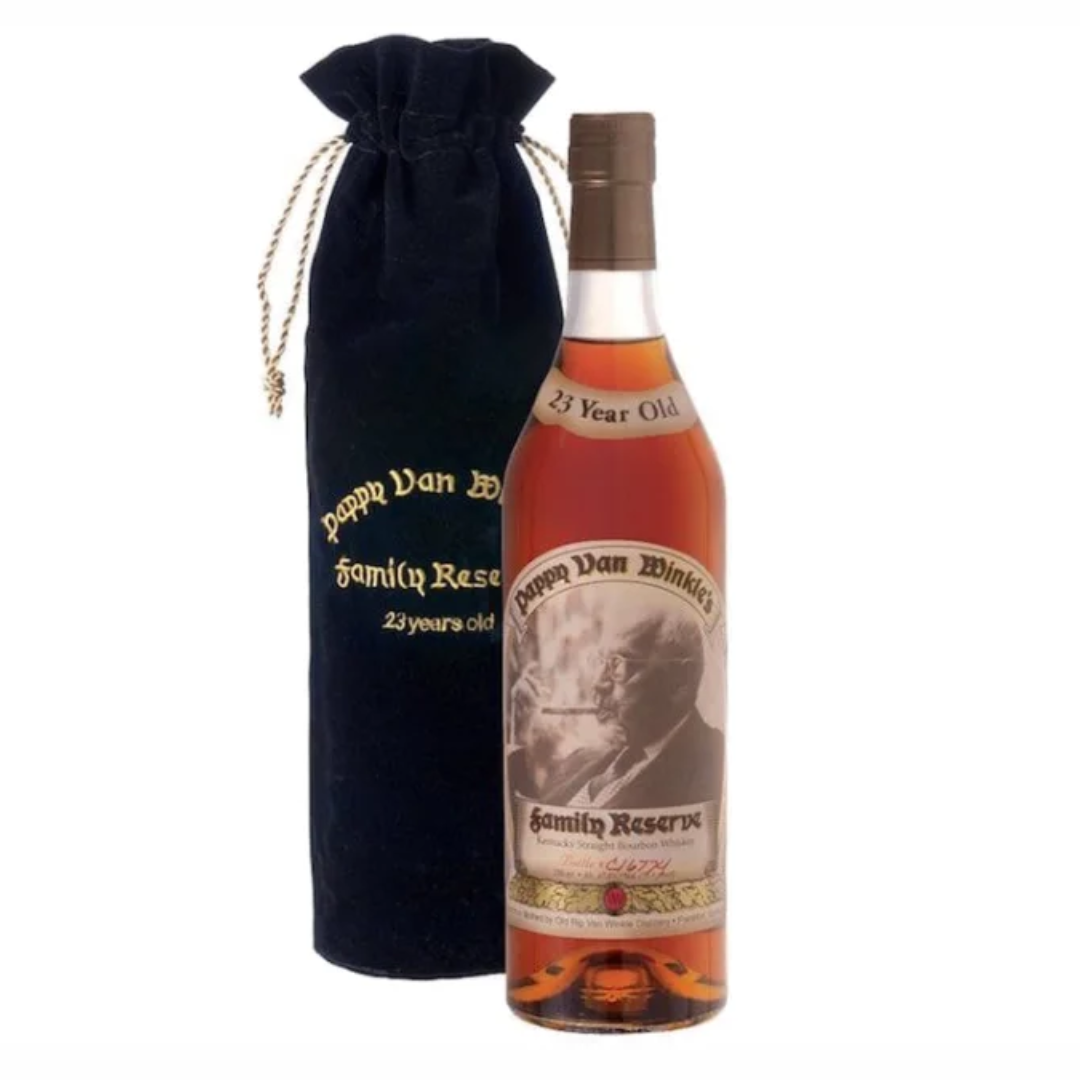Pennsylvania COVID-19 Restaurant Restrictions Remain Fluid

Without any fanfare, the Pennsylvania Department of Economic Development (“DCED”) has released two frequently asked questions (FAQ) postings to further explain Governor Wolf’s recent press release and new orders on COVID-19 restaurant restrictions. The FAQs and new orders actually alter some of the items revealed in the press release just last week. In addition to the FAQs, the Federal District Court in Western Pennsylvania struck down some of Governor Wolf’s prior mitigation orders as being unconstitutional and, relevant to this message, the mitigation orders restricting the size of gatherings of people were found unconstitutional. So, what does this all mean?
On-Premise Alcohol Sales and Consumption
First, the information you will read below remains fluid and can be changed at any moment by Governor Wolf, the DCED, the Pennsylvania Liquor Control Board, or Federal Judges. In the latest FAQ issued by the DCED on September 17, 2020, the cut off for on-premise alcohol sales has been moved from 10:00 p.m. to 11:00 p.m. Further, it established a further restriction that all patrons must complete the on-premise consumption of their alcoholic beverages by 12:00 a.m. (midnight). This new FAQ reviews the self-certification program which will be available on-line through the DECD website and allows restaurants which self-certify to increase its on-premise indoor occupancy to 50% beginning September 21, 2020. You do not have to self-certify before September 21, 2020, but must complete the self-certification process by October 5, 2020.
COVID-19 Restaurant Restrictions on Gatherings
Second, with regard to the current status of indoor and outdoor gathering restrictions, the Pennsylvania Attorney General has filed a Motion to Stay the Federal Court order until the Third Circuit Court of Appeals can hear the Commonwealth’s appeal. At this moment, the number of restrictions on gatherings has been declared unconstitutional and is, therefore, unenforceable. These restrictions limited gatherings to 25 people indoors and 250 people outdoors. While it is unclear whether indoor occupancy will remain relevant to calculating the number of people that can be hosted in a gathering, it is important to note that any health and safety violations from self-certified businesses will be handled first with warnings and education rather than fines or other penalties. It is simply unclear whether you can host an unlimited amount of people inside the premises or you must also still abide by the 50% occupancy rule for self-certified restaurants. For example, if you are an indoor facility with an occupancy of 600 people, it is unclear whether you can host all 600 people or be limited to 300 people since the federal court order did not expressly address the constitutionality of limiting occupancy percentages.
We remain vigilant in analyzing all information available from state agencies and federal courts and will further update you when we hear more.
For information regarding national and state liquor law matters or general manufacturing and distribution advice, please contact our Liquor Law, Licensing, Manufacturing, and Distribution Practice Group: Liquor Law Department Chair Theodore J. Zeller III, Esquire (tzeller@norris-law.com); David C. Berger, Esquire (dberger@norris-law.com) for Pennsylvania and New Jersey retail and manufacturing licensing; or contact our offices at 610-391-1800.
The information contained in this post may not reflect the most current developments, as the subject matter is extremely fluid and constantly changing. Please continue to monitor this site for ongoing developments. Readers are also cautioned against taking any action based on information contained herein without first seeking advice from professional legal counsel. For more topics related to COVID-19, visit our Coronavirus Thought Leadership Connection.




